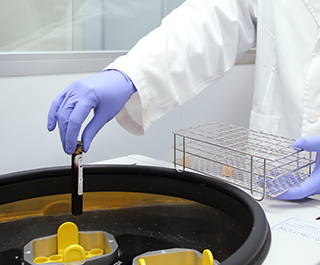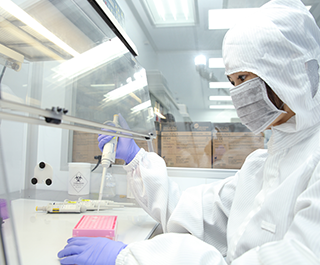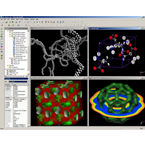PGT-A – Preimplantation Genetic Testing for Aneuploidies

Embryos with abnormal chromosomes (also called aneuploid embryos) normally result in a miscarriage or may lead to the birth of a child with genetic condition.
PGT-A is particularly important for female patients over age 35, as the risk of chromosomal abnormality increases with maternal age.
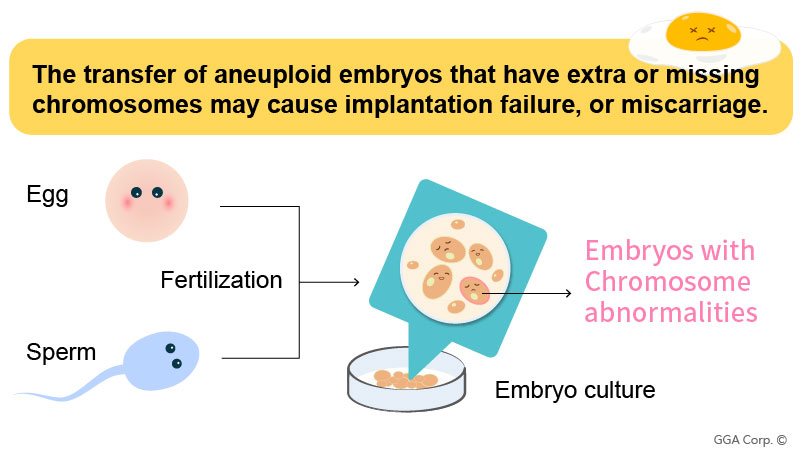
PGT-A (also known as PGS, Preimplantation Genetic Screening) is a genetic testing, performed on an in vitro fertilized embryo before the embryo gets transferred, to screen the embryo’s genetic health, so that your physician could select the best embryo for implantation and increase the chance of a successful pregnancy.
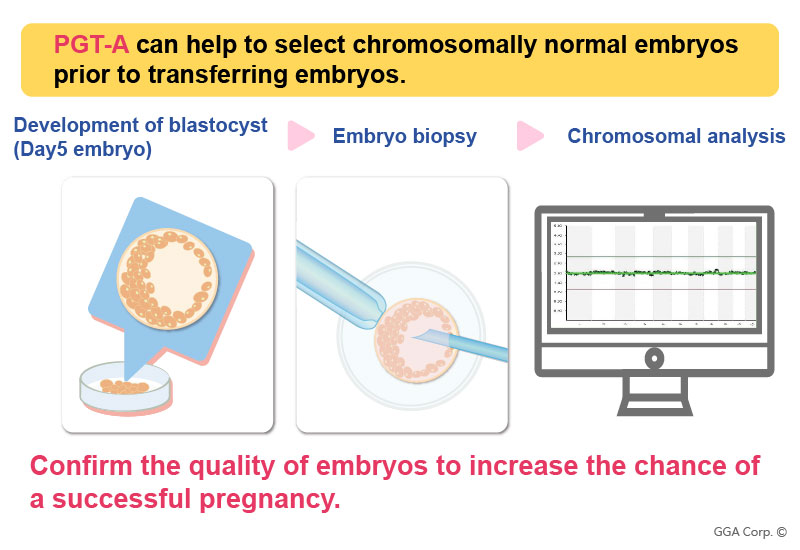
Moreover, PGT-A can greatly reduce a high-risk twin or triplet pregnancy and achieve excellent pregnancy rates with single embryo transfer by assisting embryo selection.
Who should consider PGT-A
-
Women who are over the age of 35.
-
Couples with infertility concerns.
-
Couples with recurrent miscarriages.
-
Couples with three or more failed IVF cycles.
-
Couples with a family history of chromosomal abnormalities.
-
Couples undergoing IVF treatment for other reasons.
PGT-A can also be done in conjunction with MIRA to increase the chance of implantation:
Maximize the success – choosing the right embryo and transferring at the right time!
find out more for MIRA test (page linkage)


